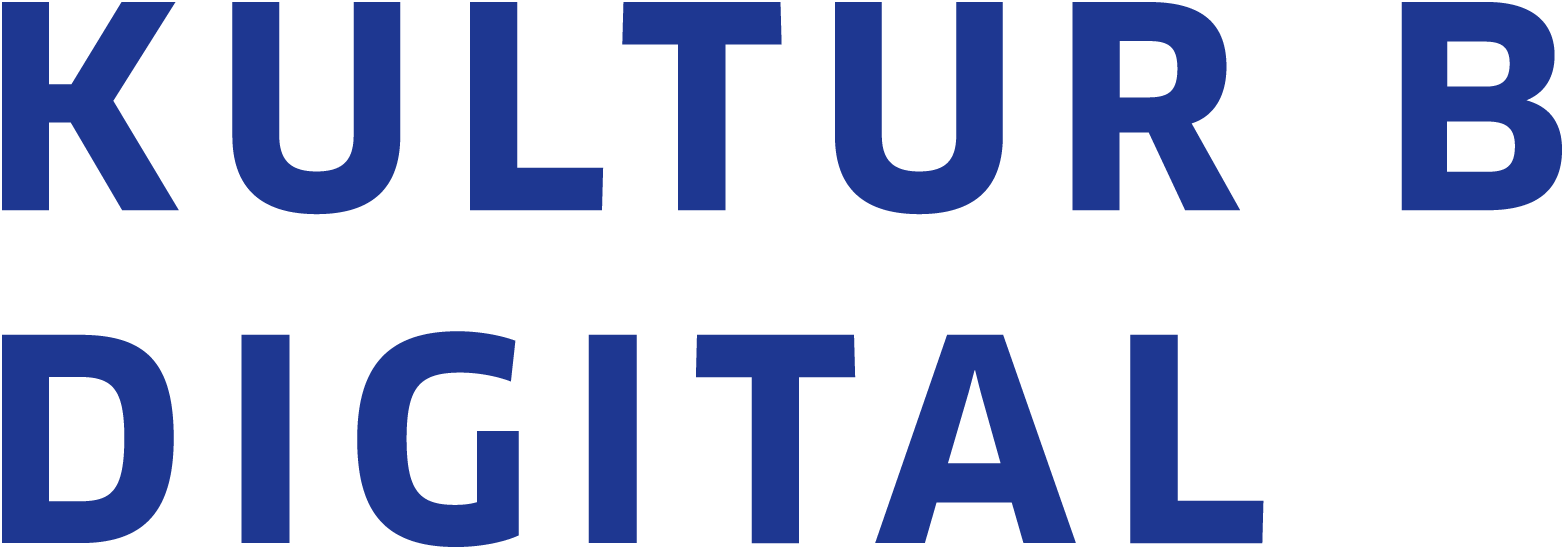What does the future of cultural institutions look like in the age of digitalisation? More on this was discussed at our 1st kulturBdigital Conference on 5th of December 2018.
And haven’t we already arrived there? After all, there should hardly be a stage in Berlin without its own website. Social media channels and livestreams are used to draw attention to performances and exhibitions, tickets can be bought on the internet and archives are digitised and put online.
Talks to watch & read:
You can now find the individual presentations & talks of our speakers online on our website:
- Nicolas Zimmer (Technologiestiftung Berlin): Disrupting Culture – Digital Transformation in Culture (in German)
- Katrin Glinka (Project museum4punkt0): Interfaces, Exchange, Processes – Openness as the Foundation of Innovation (in German)
- Dr. Sebastian Meier (Technologiestiftung Berlin): Culture in the Connected City – Networking through Open Data and Interfaces (in German)
- Susanne Schuster (Out of the Box): Being a Unicorn – Digital Innovations in the Independent Performing Arts (in German)
- Philipp Steimel (machina eX): Reality has the coolest graphics, but… – machina eX inter(re)active computer game theatre (in German)
- Prof. Dr. Thorsten Koch (Zuse Institut Berlin): The best does not come at the end – On the archiving and permanent availability of files (in German)
- Senator Dr. Klaus Lederer (Senate Department for Culture and Europe): Innovation Fond
- Discussion “What is needed for the Digital Development of the Cultural Sector?”
1st kulturBdigital Conference – A follow-up:
300 representatives of Berlin’s cultural scene who, in the midst of production stress, take a day to deal with the significance of digitalisation for their work. That in itself is a statement. The lively audience participation and the conversations during the event breaks showed that there is a need to talk and that the actors in the cultural scene want to have their say.
Until now, most houses have tried to cope with the rapidly changing demands of digitisation as lone warriors. They have maintained websites, put time and energy into digitising analogue cultural assets and tried out new formats. At the Berliner Ensemble, the play “Die Parallelwelt” premiered in September. A simultaneous performance in which seven actors from the Berliner Ensemble and Schauspiel Dortmund play theatre with each other at the same time. Connected in real time by a fibre-optic cable that transports images and sounds back and forth at the speed of light over 420.62 km air-line distance between Dortmund and Berlin.
There are more and more digital experiments like this, but too often they arise from the enthusiasm of individuals and thus remain islands in the regular playbill. If digital innovation is to become the rule in the cultural sector, as the presentations and the discussion at the kulturBdigital conference showed, then ways of working and thinking must change fundamentally.
In their presentations, Nicolas Zimmer and Dr. Sebastian Meier from the Technologiestiftung Berlin appealed for a different way of dealing with data. Metatags for search engines and analysis tools for websites are just some of the points where the valuable time of cultural workers is well invested: “A change in thinking must take place as quickly as possible, because how useful is an elaborately designed and maintained website if it doesn’t reach the target group? Anyone who saves time here is saving at the wrong end,” says Nicolas Zimmer, chairman of the board of the Technologiestiftung Berlin. In addition, it is necessary to think about how to make the platform idea usable for Berlin’s cultural institutions.
Katrin Glinka from the museum4punkt0 project pleads for a cross-institutional exchange in which the “risk” of showing something unfinished or possibly failed is also taken. In the start-up scene, this exchange of interim results and user-oriented design thinking processes are the rule. With museum4punkt0, the Stiftung Preußischer Kulturbesitz has created a structure that transcends institutional boundaries and can also be a model for other sectors.
Susanne Schuster and Philip Steimel, who work as independent theatre makers with digital techniques such as algorithms or computer game elements, report in their talks on the enrichment of content that digital innovation can release in the performing arts. But they also explain the big differences between the independent scene and the established theatres and pose the question of how a digital self-confidence can emerge instead of a “digitalisation panic”. Only then culture can also be a voice that has a say about where our digitalised society is heading.
Prof. Dr Thorsten Koch from the Zuse Institut Berlin reports on the impressive successes of Berlin’s “Digitisation Funding Programme”: Since its foundation in 2012, more than one million analogue cultural assets, from documents to dinosaur bones, have been digitally recorded and thus saved for posterity. A treasure trove of data whose subsequent use offers many potentials for cultural institutions, for example in exhibition design and data visualisation.
In his lecture on the Innovation Fund and in the ensuing discussion, Cultural Senator Dr. Klaus Lederer emphasised how profound the change in mentality is that must take place in cultural institutions: “Cultural institutions are not there for themselves, but for those who go there. And for those who could potentially go there but don’t.” Digital innovation can open the way to barrier-free cultural mediation, says Klaus Lederer. The task of digital development in the cultural sector is also far more comprehensive in terms of financial expenditure than the resources of the innovation fund. With the sums earmarked for the kulturBdigital project totalling 750,000 euros for the years 2018 and 2019, the intention is to first feel out where the needs are. The money should not be spent on digital infrastructure such as faster computers or half-time social media positions, but on projects with a model character. “It is also about negotiating what kind of digital world we actually live in”.
The planned “Innovation Fund for Digital Development in the Cultural Sector” is intended to initiate the necessary change and thus promote “Audience Development by digital means”, which is an important cultural policy objective of the European Union.
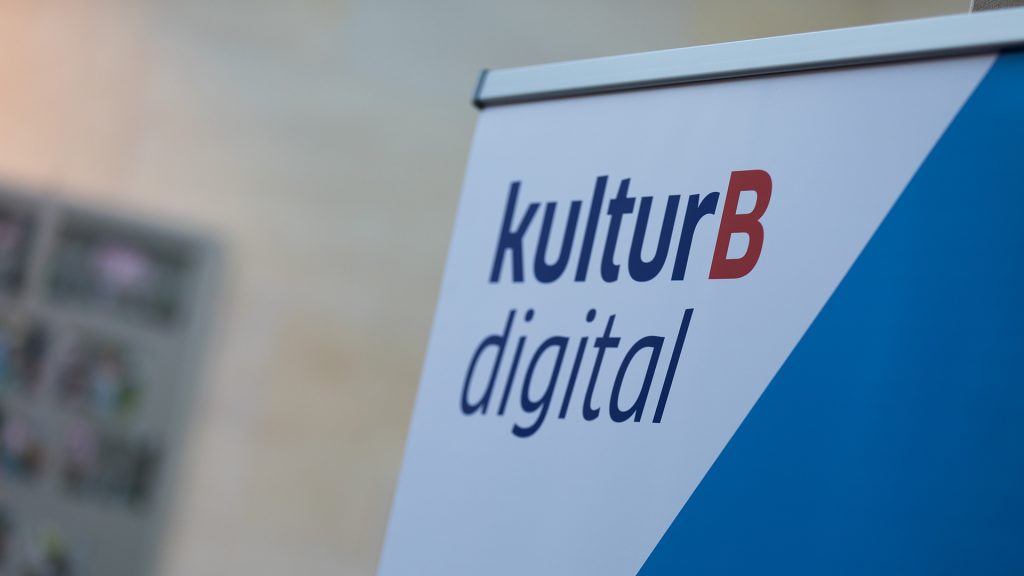
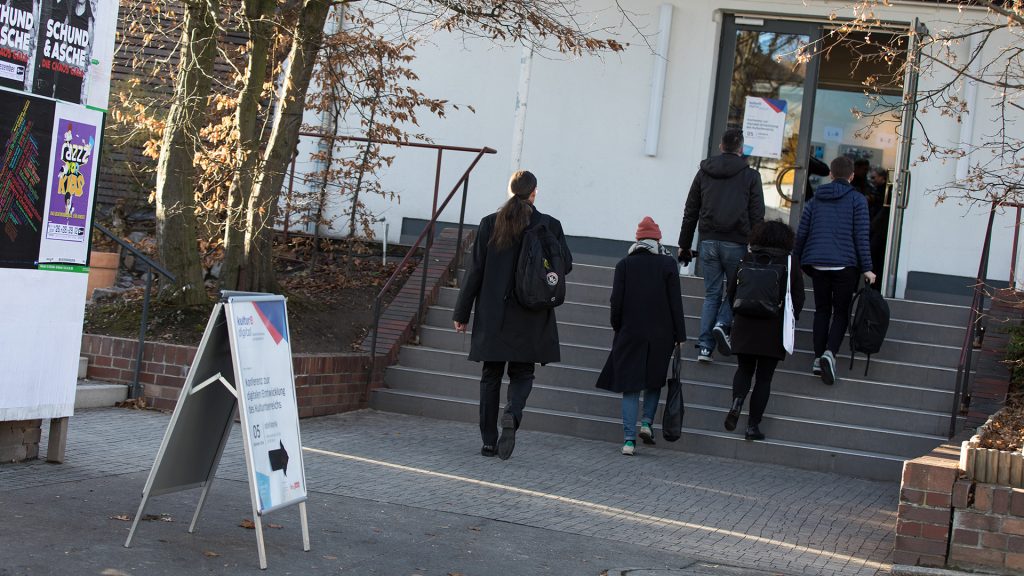
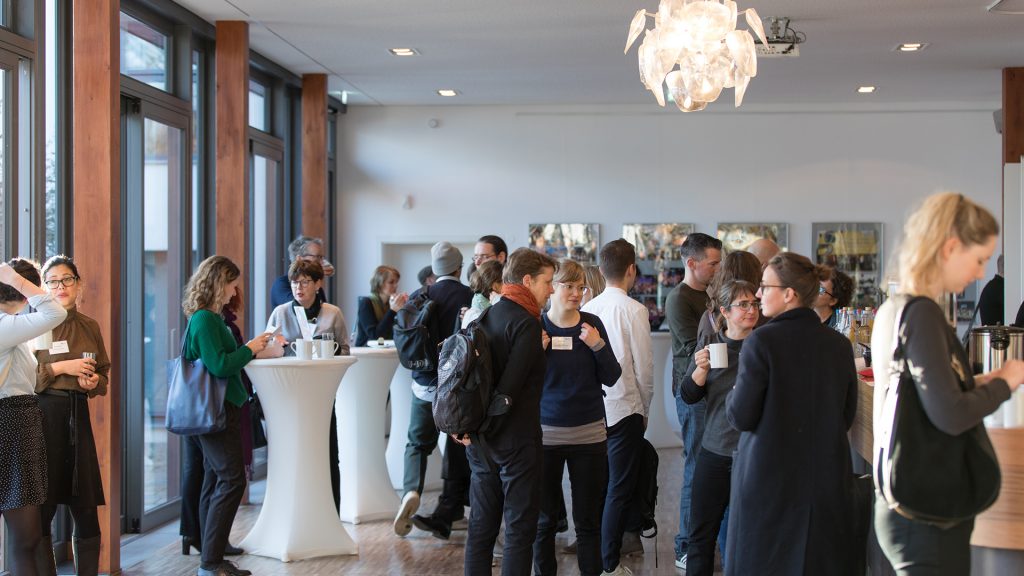
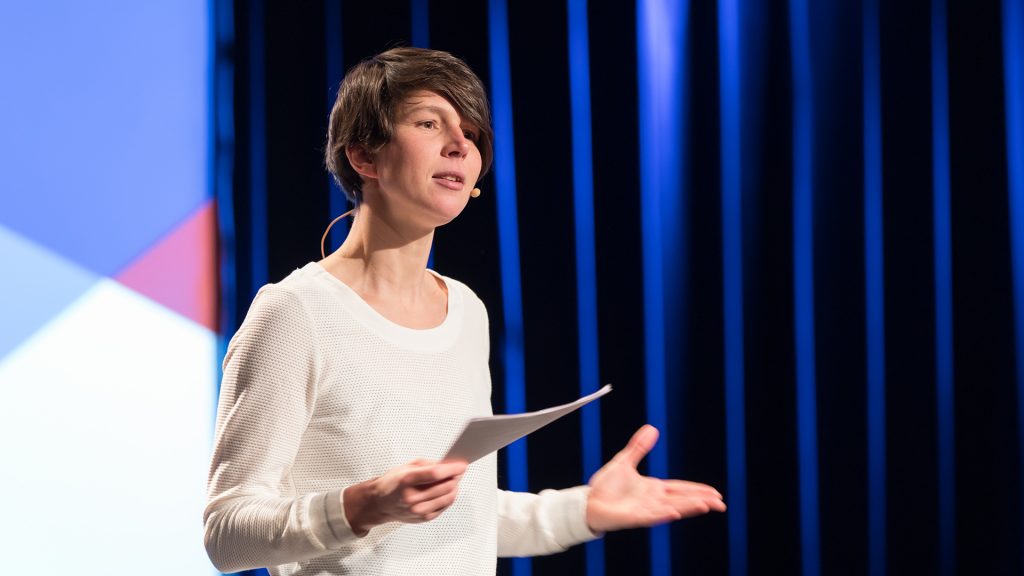
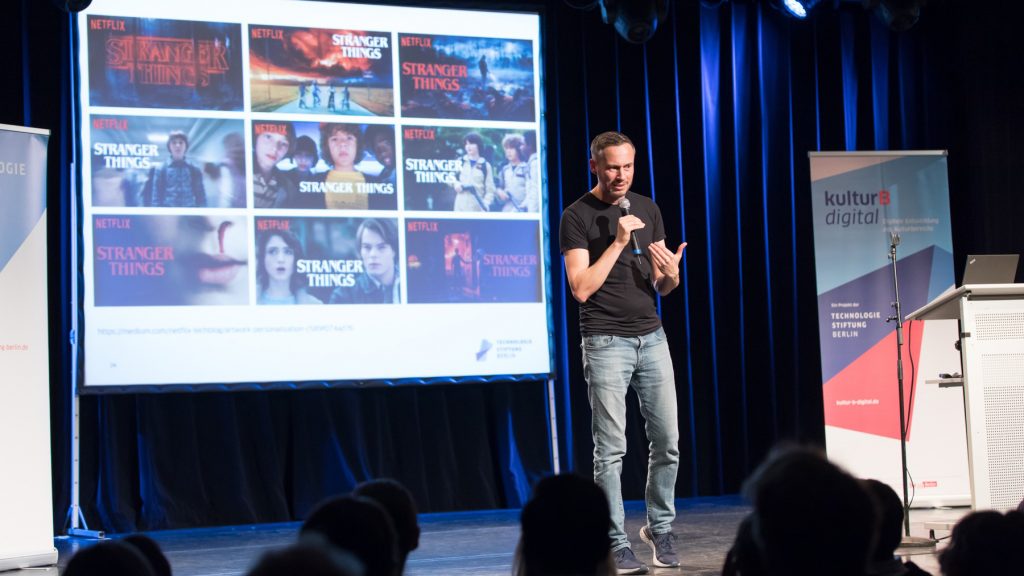
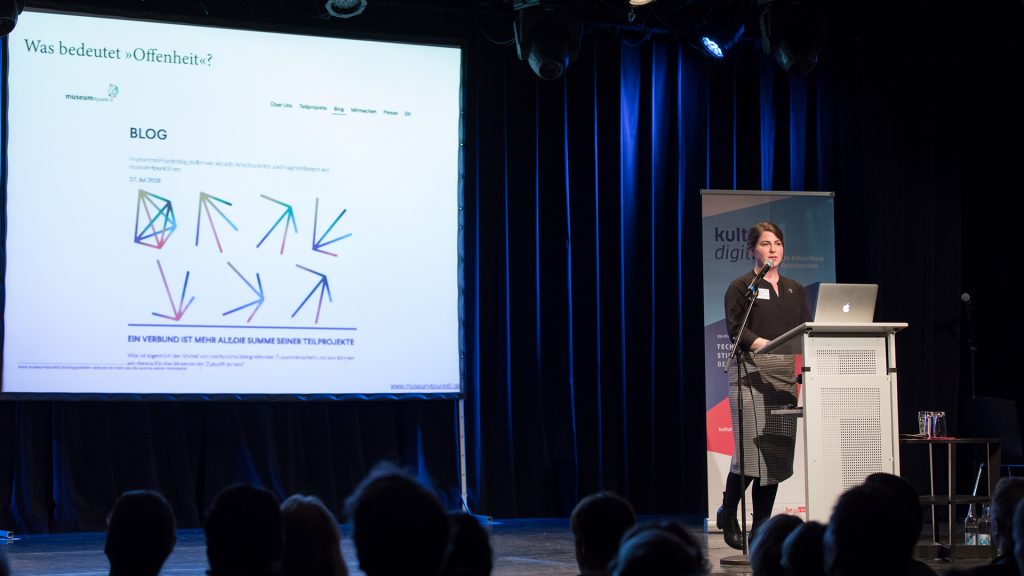
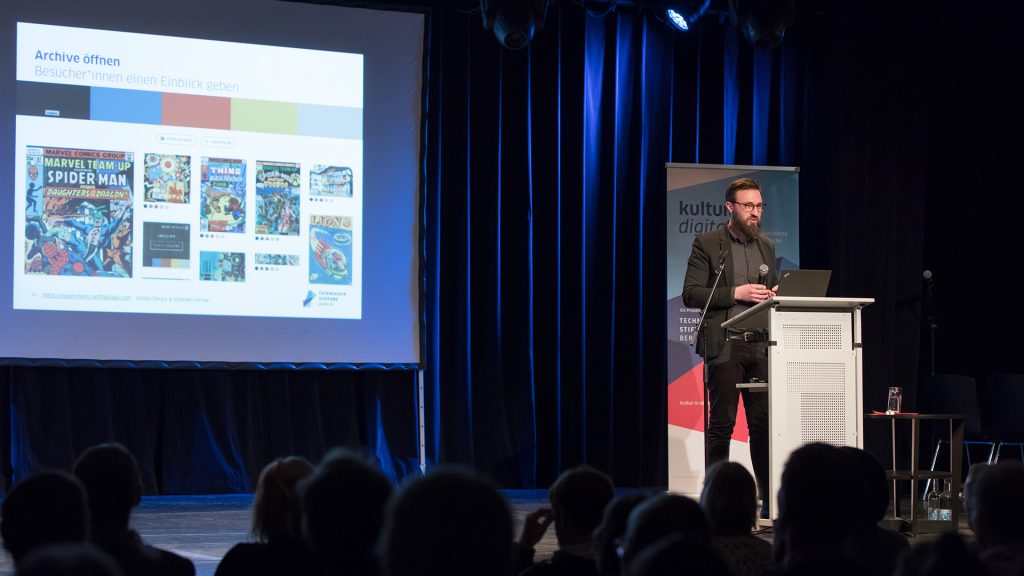
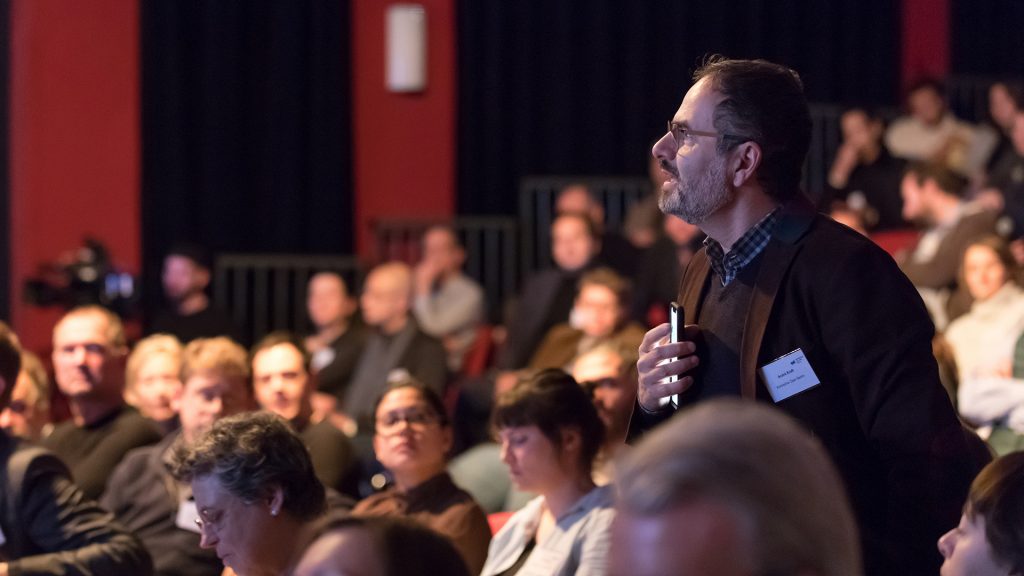
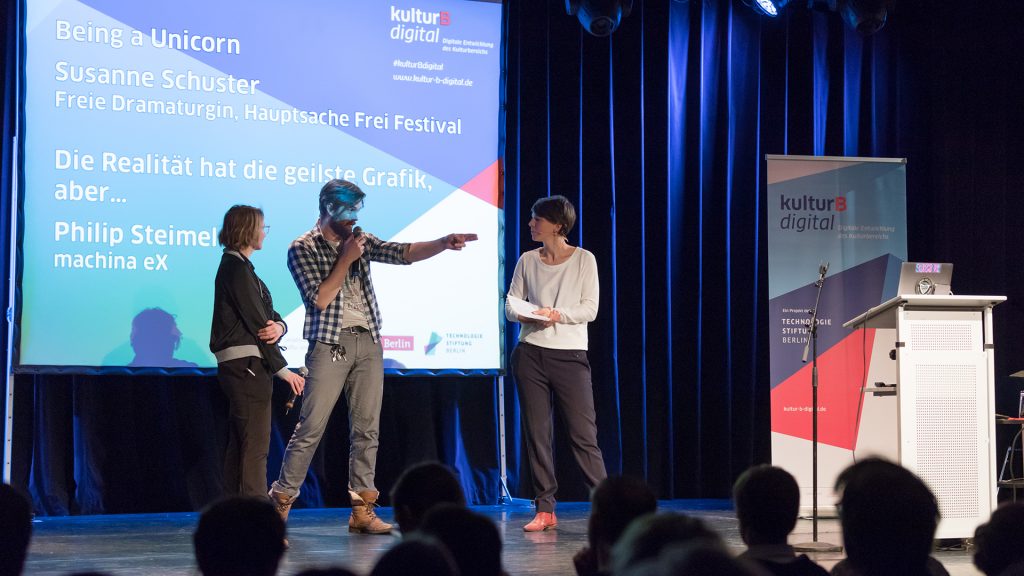
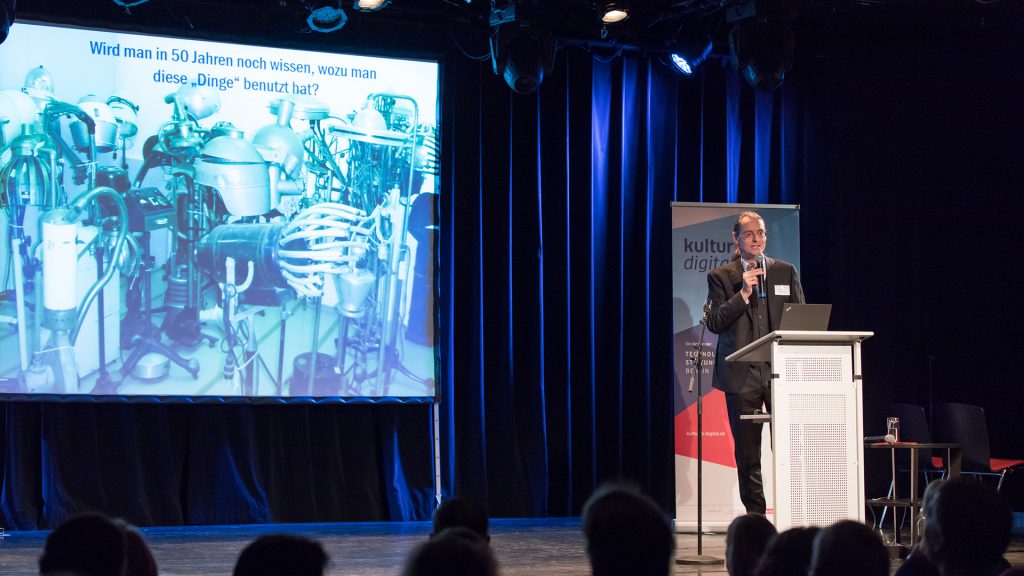
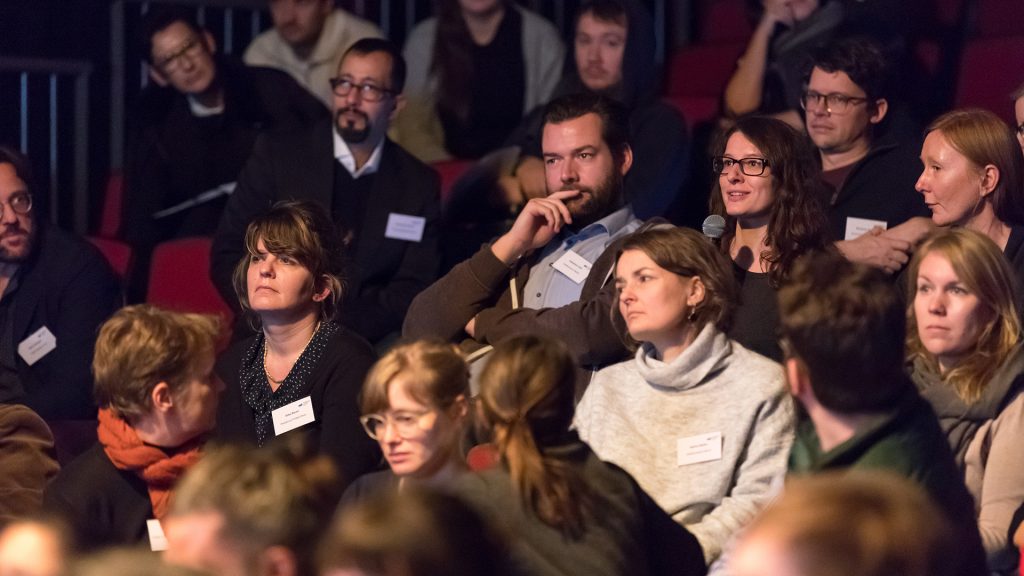
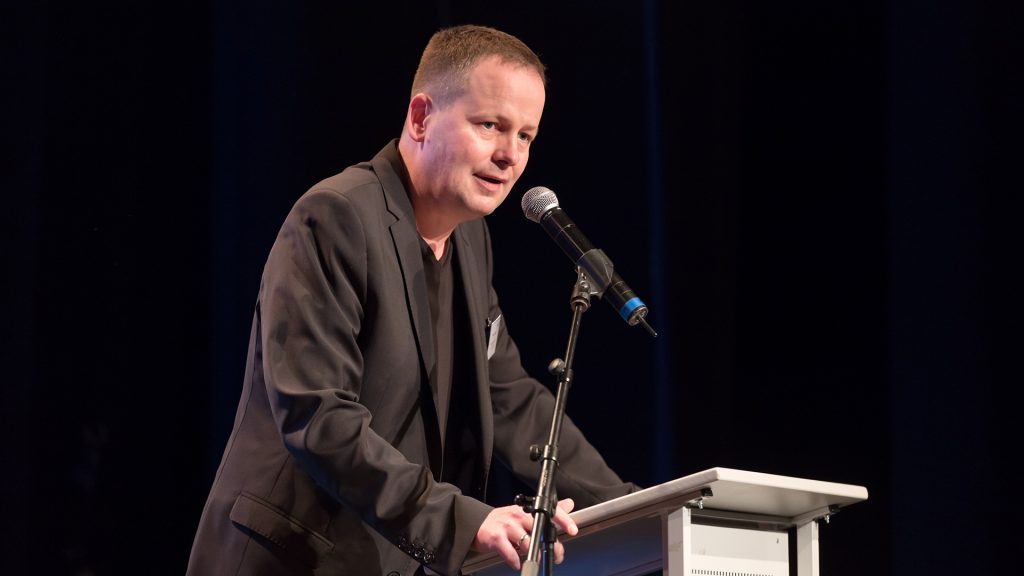
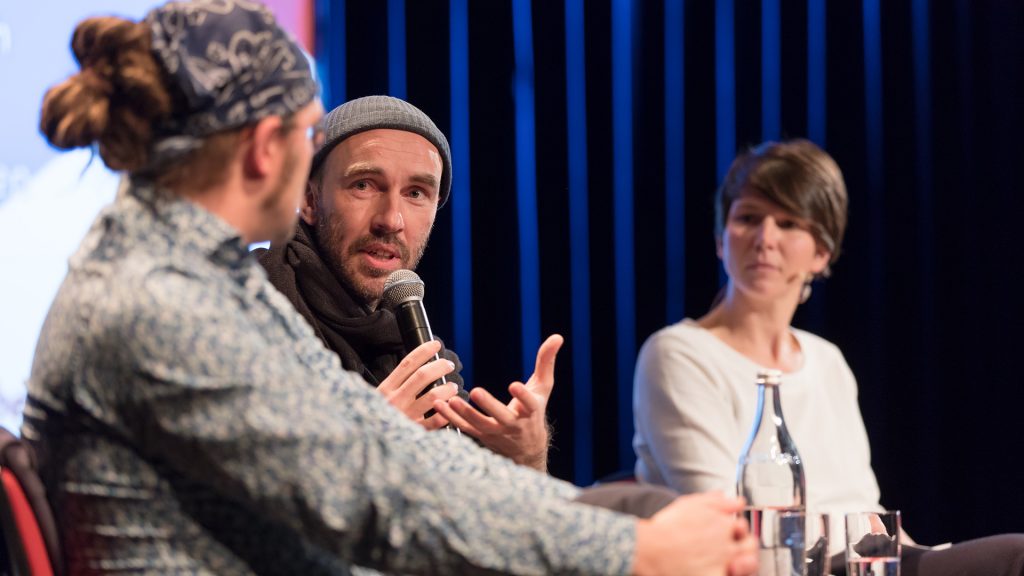
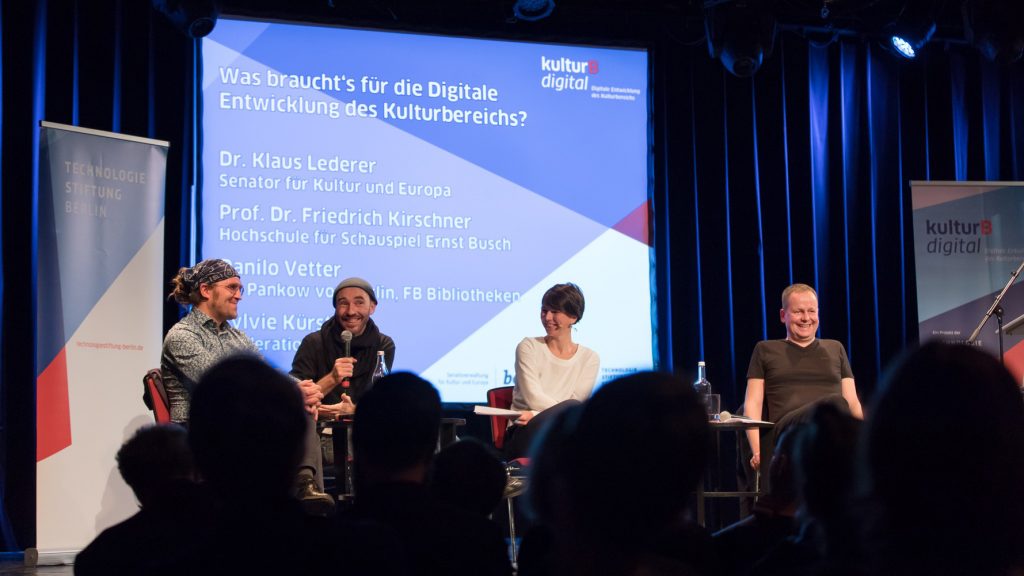
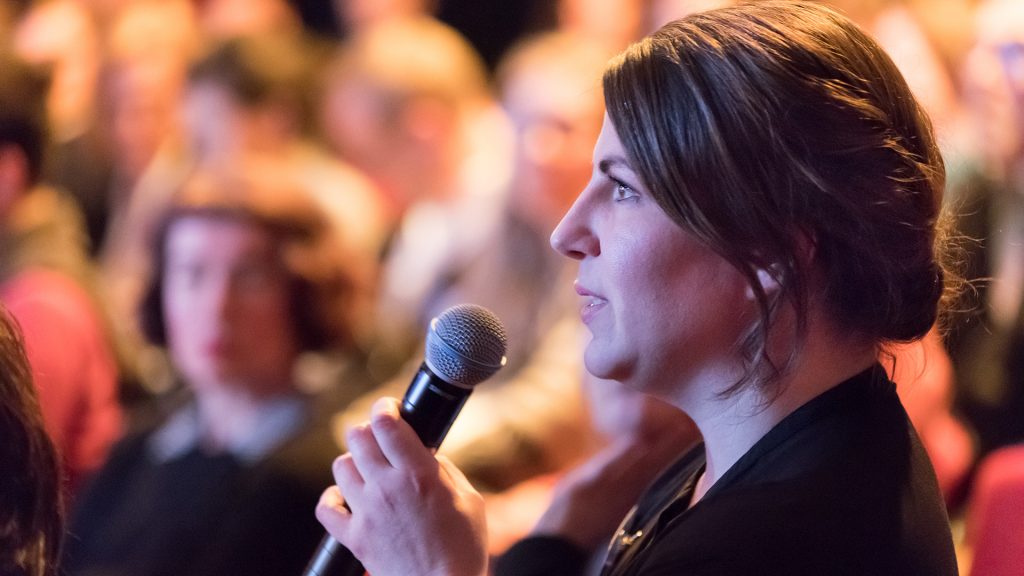
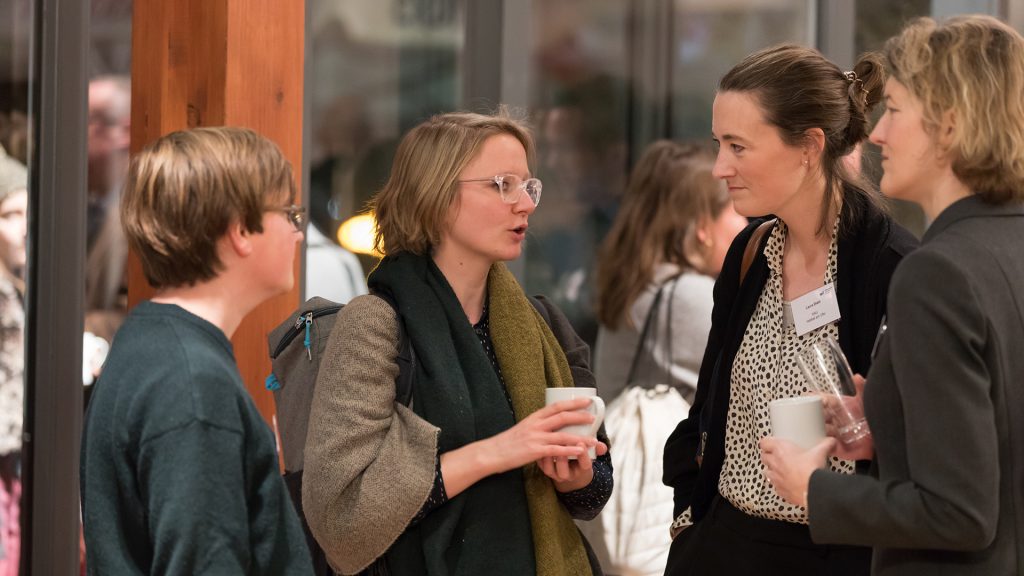
See more
Article about the Conference (in German) from Dr. Thorsten Beck
2nd Conference on the Digital Development in the Cultural Sector 2019
3rd Conference on the Digital Development in the Cultural Sector 2020
4th Conference on the Digital Development in the Cultural Sector 2022 (in German)
